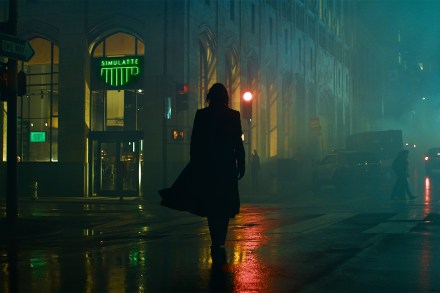‘Oculus Quest is really the way’: film-maker Apichatpong Weerasethakul interviewed
There always comes a moment in the films of Apichatpong Weerasethakul where you’re forced to scoop your brain up from the floor. In his last, Cemetery of Splendour, this occurs at the point where the sky is invaded by a colossal blimpish amoeba. You stare. Blink. Adjust eyes. It slowly dawns that you’re peering into a crystal-clear lake, cloudy heavens and whirring mitochondria in blissful, cosmic coexistence. Man, however, is weak. And the first time I was introduced to his films, one of the most significant, sensual, startling, transcendent bodies of work by any director this century, I fell asleep. ‘Amazing,’ beams Weerasethakul over Zoom. ‘Even I slept in my





















